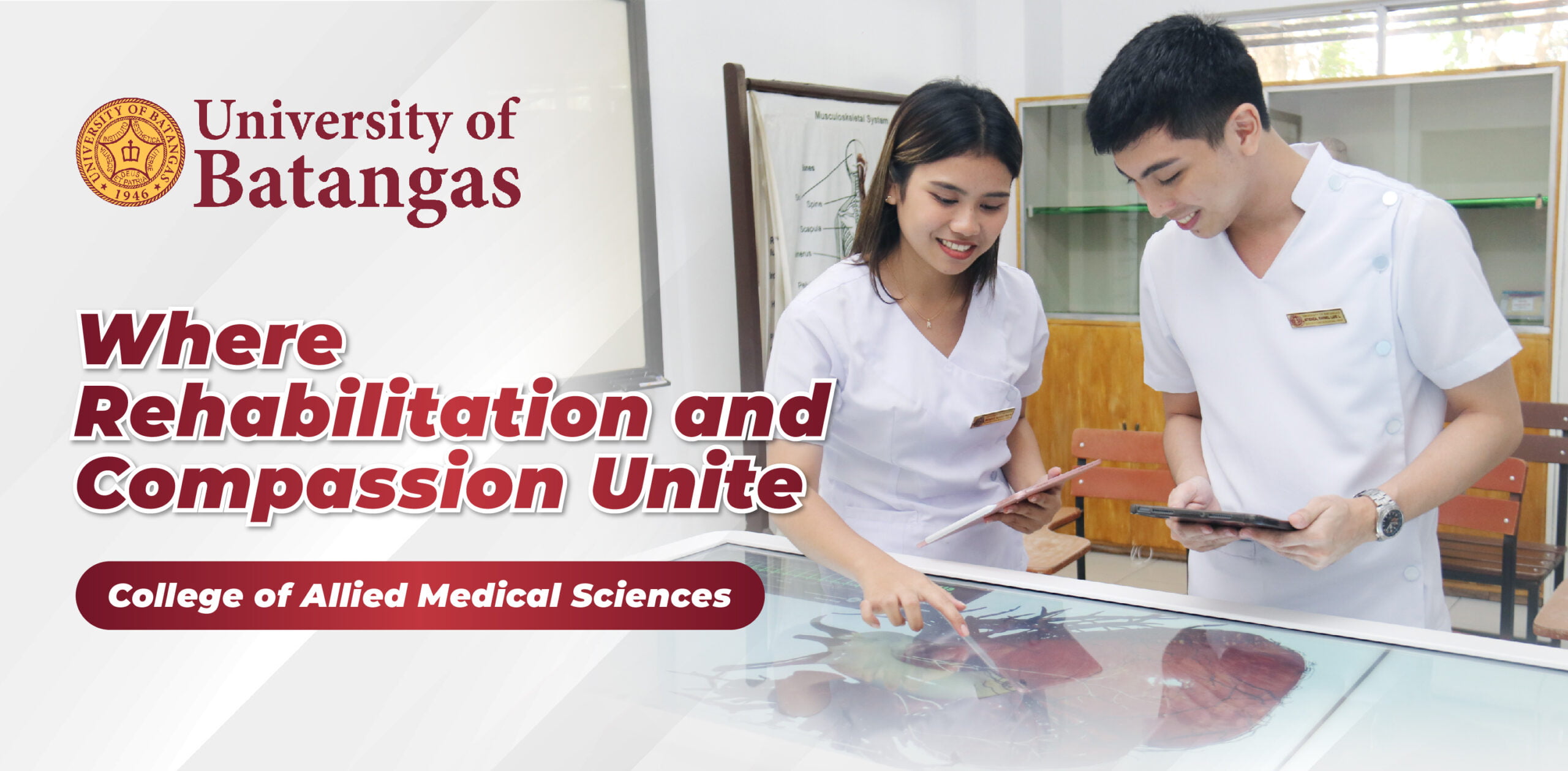What is Physical Therapy?
Physical therapy is a dynamic and evidence-based profession dedicated to enhancing mobility, alleviating pain, and reducing reliance on surgery and prescription medications. Skilled physical therapy professionals diagnose and treat individuals of all ages who face medical issues or health-related conditions impeding their ability to move and carry out everyday activities. (Source: Explorehealthcareers.org)
At its core, physical therapy focuses on restoring and enhancing mobility while providing relief from pain. This approach minimizes the need for invasive surgical procedures and prescription drugs.
Physical therapists, also known as physiotherapists, are experts in movement. They enhance quality of life through customized exercise regimens, hands-on care, and patient education.
Physical therapists provide comprehensive care spanning all age groups, from newborns to individuals nearing the end of their lives. They cater to patients with injuries, disabilities, and various health conditions, as well as those striving to improve overall health and prevent future issues.
Each individual is assessed thoroughly, leading to the development of personalized treatment plans. These plans focus on enhancing movement capabilities, managing or reducing pain, restoring function, and preventing disability.
Physical therapists work in a range of settings, including hospitals, private practices, outpatient clinics, home health agencies, schools, sports and fitness facilities, and corporate environments.
The terms “physical therapy” and “physiotherapy,” along with “physical therapist” and “physiotherapist,” are interchangeable. (Source: Explorehealthcareers.org)
Physical therapy professionals play a vital role in improving the well-being and functional abilities of individuals, contributing to a healthier and more active lifestyle.
What is Occupational Therapy?
Occupational therapy is a client-centered health profession dedicated to enhancing health and well-being through meaningful activities and engagements. The primary objective of occupational therapy is to empower individuals to actively participate in the routines and activities of their daily lives. Occupational therapists collaborate with people and communities, fostering their capacity to engage in desired, necessary, or anticipated activities. They achieve this by modifying occupations or environments to better support engagement. (Source: World Federation of Occupational Therapists, 2012)
At its core, occupational therapy focuses on promoting well-being by facilitating meaningful occupations. These activities range from daily self-care routines to more complex life roles and responsibilities.
Occupational therapists work closely with individuals to enhance their ability to partake in everyday activities. This includes activities they desire, need, or are expected to engage in, contributing to a fulfilling and productive life.
Occupational therapists work across the lifespan, addressing a wide spectrum of physical and psychosocial needs. They provide support to individuals of all ages, tailoring interventions to their unique requirements.
Occupational therapists find employment in various settings, including hospitals, clinics, rehabilitation centers, home care programs, special schools, industries, and private enterprises. Many also choose careers in private practice, education, and consultancy.
Occupational therapy professionals play a crucial role in improving individuals’ ability to engage in activities that are essential to their well-being and overall quality of life.
What is Respiratory Therapy?
Respiratory therapists help people who suffer from chronic respiratory diseases like asthma, bronchitis and emphysema. People who have had heart attacks or who have sleep disorders and infants who are born prematurely might also need respiratory therapy to help them breathe more easily. They also provide emergency care to patients suffering from heart attacks, drowning or shock.(Explorehealthcareers.org)
Respiratory Therapy is a specialized health care field where practitioners are trained in pulmonary medicine in order to work therapeutically with people suffering from pulmonary disease.(American Association for Respiratory Care)
How many years to finish BSPT, BSOT and BSRT programs?
All our Bachelor of Science in Physical Therapy (BSPT), Bachelor of Science in Occupational Therapy (BSOT), and Bachelor of Science in Respiratory Therapy (BSRT) programs are four-year degree programs.
Are there board exams or licensure examinations for BSPT, BSOT, and BSRT?
Yes, there are board or licensure examinations for each program, conducted by the Professional Regulation Commission (PRC).
For BSPT and BSOT, these exams are held twice annually, while for BSRT, it’s an annual occurrence.
Can I enroll in BSPT, BSOT or BSRT even if my senior high school track/strand is not Academic/STEM?
Absolutely! We welcome students from various senior high school tracks or strands, including ABM, HUMSS, and GAS.
When is the enrollment?
Enrollment for the 1st semester typically starts in March and concludes in September. For the 2nd semester, it usually commences in December and ends in February. Summer class enrollment begins in May and continues until the first week of classes in June..
Is transferee allowed?
Yes, we do accept transfer students, provided they have no more than 2 failed courses from their previous school and submit the necessary transfer credentials, such as an Honorable dismissal, Transcript of Records (TOR), and other relevant documents.
What are the requirements for enrollment?
You can find the specific requirements posted on the University’s Facebook page. Generally, these include Form 137 from your previous senior high school, an application form, an admission test, an ID picture (1×1 and 2×2), a long brown envelope, and a PSA Birth certificate
For any further inquiries or assistance, feel free to contact our admissions office.

